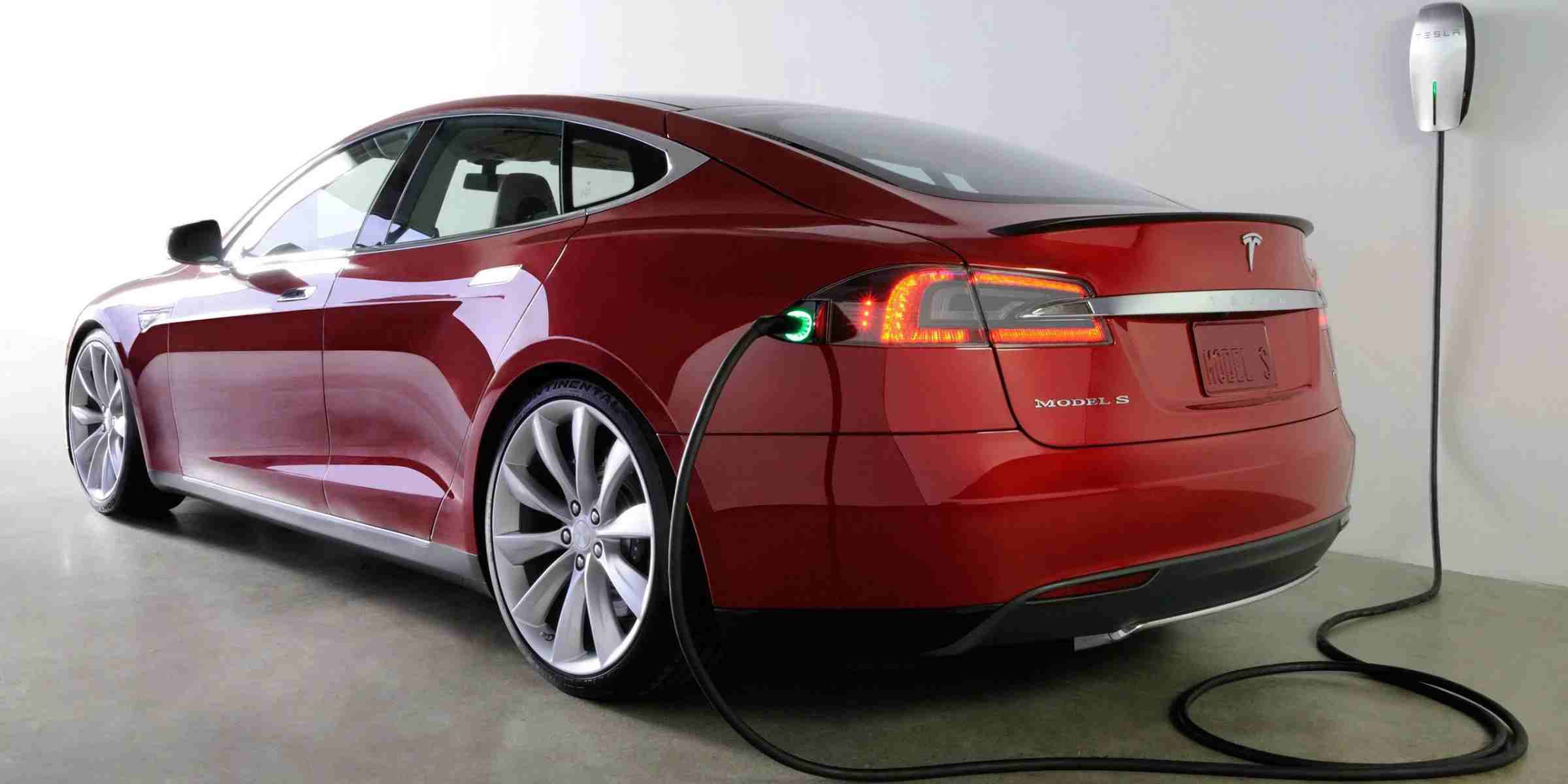4 Popular Questions on Electric Vehicles Answered

EVs are becoming increasingly popular all over the world, with increasing numbers of governments looking to phase out gas-powered vehicles in favour of greener alternatives. The demand for electric vehicles and EV charging stations has only risen in the recent times, which is evident from the sales numbers. The ability to protect the environment while also reducing your fuel expenses has made EVs pretty compelling for homes and businesses alike. To give you a better idea about electric vehicles, here are some popular questions answered right below:
How can EV Reduce Carbon Footprint?
EVs emit zero tailpipe emissions. Since they run on electricity, they also reduce our dependence on fossil fuels such as petroleum and natural gas. By choosing a fully electric car, you’ll be reducing greenhouse gas emissions by three times more than a hybrid car and six times more than a conventional car. In addition to cutting down on pollution, an EV can save you money too! Obviously, it only gets better when EV charging stations are powered by renewable energy.
How can I Save Money by Switching to EV?
Compared to conventional vehicles, EVs have lesser moving parts. Therefore, you will be dealing with less repairs and hassles with your vehicle. Besides reduced repair costs, you will also be able to save on fuel expenses in the long term. The key is smart charging, which enables faster and safer charging using your charging station. Charging time can be optimised to minimise your energy spends too. Simply put, a smart electric charger can intelligently recharge your EV and help save hundreds per year on your electricity bill.
Does an EV Accelerate as Fast as a Traditional Car?
Electric vehicles are usually described as being slow, but that’s not always true. The Tesla Model S Plaid, for instance, can accelerate from 0 to 100km/hr in just 2.1 seconds, which is truly impressive. Several people also believe that an electric vehicle’s top speed is very limited, because charging times are longer than fuelling up a conventional car. However, these limits are easily overcome with smart charging and better technology. In fact, the Tesla Model S Plaid is one of the fastest EVs with a top speed of 322km/hr!
How do I Charge at Home?
Once you have bought yourself an electric car or plug-in hybrid like Nissan Leaf, start researching on electric car charging stations that can provide enough juice for your EV. Remember that professional installation of a charging station is important to prevent repairs or damages. It’s pretty simple when you deal with a reliable supplier. After that, all you need to do is connect your vehicle and it will take care of itself from there on out.
Switching to electric vehicles is definitely one of the best ways to enhance your lifestyle. Driving an EV is fun and cost effective at the same time, so jump in!


